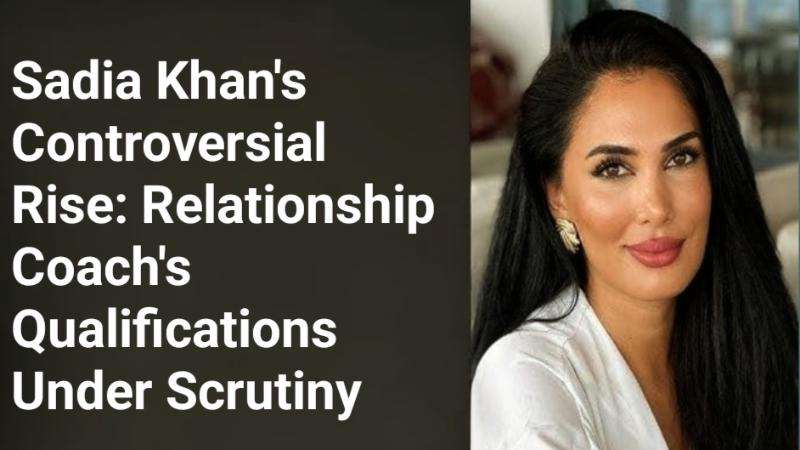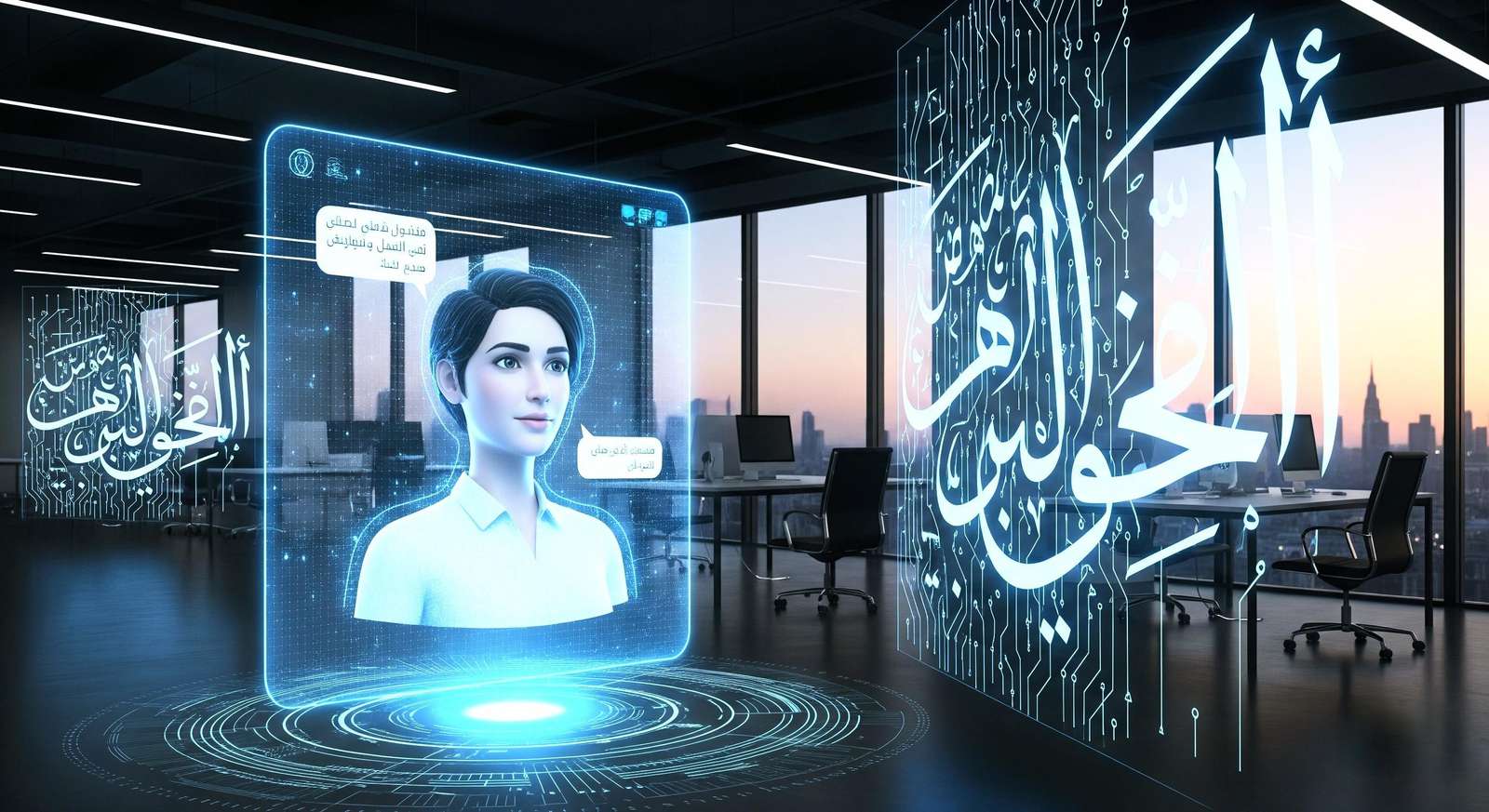In a significant stride for the Arabic-speaking world, Saudi Arabia has officially launched Humain Chat, an AI chatbot designed to serve the nearly 500 million Arabic speakers globally. Developed by the Saudi AI company Humain, the app runs on the company's proprietary Allam large language model, which is being hailed as the "world's most advanced Arabic-first AI model', Daily Dazzling Dawn understands.
The launch, which took place on August 25, 2025, marks a major milestone for the Kingdom's "Vision 2030" initiative to become a global hub for technology and AI innovation. Humain Chat is now publicly available on web, iOS, and Android platforms within Saudi Arabia, with plans for a wider regional and global rollout in the coming months.
Designed for Culture and Language-Unlike Western-centric chatbots that are primarily trained on English datasets and often struggle with cultural and linguistic nuances, Humain Chat was trained on "one of the largest Arabic datasets ever assembled," comprising over eight petabytes of data. According to Humain, this training allows the bot to be fluent not only in the Arabic language but also in "Islamic culture, values, and heritage."
The app supports bilingual conversations in both Arabic and English and is specifically tuned to understand and interact using various Arabic dialects, including Egyptian and Lebanese. This focus on cultural and linguistic specificity is a key differentiator from existing AI models, which often fail to grasp the complexities of diverse Arabic dialects. The Allam model, a successor to the earlier Allam-7B and Allam-2-7B, was developed by a team of over 120 AI specialists, with a 50/50 gender split, further highlighting the Kingdom's commitment to building a domestic AI talent pool.
A Closer Look at the Bigger Picture-The Allam large language model was originally a project of the Saudi Data and Artificial Intelligence Authority (SDAIA), a government agency. This government involvement has led to questions about potential censorship and the model's compliance with state regulations. As a nation that consistently scores low on measures of internet freedom—receiving a score of 25 out of 100 on Freedom House's 2024 "Freedom of the Net" report—Saudi Arabia's strict controls over online content are well-documented.
This raises broader questions about the role of ideology and government influence in AI development worldwide. While Western tech companies like OpenAI openly acknowledge that their models, such as ChatGPT, are "skewed towards Western views," the conversation around political influence is often more nuanced. In the United States, for example, the Trump administration has already set forth plans to regulate the kinds of outputs that large language models are allowed to produce if the companies want to secure federal contracts. These plans require AI to be free from "ideological biases" like "diversity, equity, and inclusion."
While the nature of government versus corporate control over AI differs, both scenarios demonstrate how powerful entities are attempting to shape the information and worldview presented by these new technologies. With Humain Chat, the world now has a major new example of a powerful AI built explicitly to reflect a specific cultural and governmental framework, underscoring the ongoing global debate about who controls the future of artificial intelligence.


_2.jpg)
_1.jpg)




.svg)


